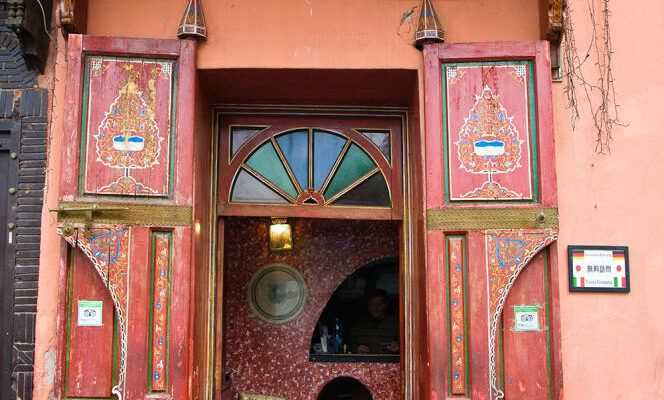It had been a few days since the rumor circulated in the alleys of Hay Hassani: the hammams could soon reopen their doors. In this popular district of Casablanca, the rumor aroused enthusiasm among residents deprived of this weekly meeting. “In Morocco, the hammam is not a luxury as it can be perceived in the West. It is a need that is both hygienic and social ”, according to Karima Souissi, a 45-year-old nurse who visits a neighborhood establishment every week.
With more than half of the population fully vaccinated, the country is seeing the number of contaminations decrease after a worrying upsurge of the virus, carried mainly by the Delta variant. Forced to close on August 3, the owners of hammams therefore hoped that the recent figures of the pandemic would allow them to resume normal activity. “It’s time to open up, hammered Jilali Harifi, owner of four hammams in Casablanca and Safi. Apart from the first three months of the pandemic, we have not received state aid and we are now at risk of bankruptcy. “
In mid-September, the National Federation of Associations of Owners and Managers of Traditional Hammams and Public Showers appealed to the new Prime Minister, Aziz Akhannouch, appointed on September 10, to request their reopening. Several sit-ins were organized in Casablanca and Marrakech to protest against this decision, which mainly concerns public baths. The individual hammam cabins, popular with luxury spas, were spared.
A call heard by the government, which decided, on September 30, to ease restrictive measures by allowing hammams to reopen at 50% of their capacity.
An ancestral tradition in danger
During the first confinement, in March 2020, the 14,000 public baths in the kingdom had suddenly ceased their activity. A year later, the hammams were finally authorized to reopen, on condition that strict hygiene measures were observed, before being closed again in August.
For the 280,000 employees in the sector, it was one closure too many. “You should know that employees are mainly paid with tips”, recalls Jilali Harifi. Over the years, these informal workers have created an ecosystem by pooling tips. Depending on the neighborhood, they earn between 10 and 40 euros a day. “But many returned to their villages in the countryside, or changed jobs to survive. This phenomenon endangers an ancestral tradition and a unique know-how ”, laments Layla Fatma, a former teyaba (masseuse) became a cleaning lady in Casablanca.
You have 47.51% of this article to read. The rest is for subscribers only.
